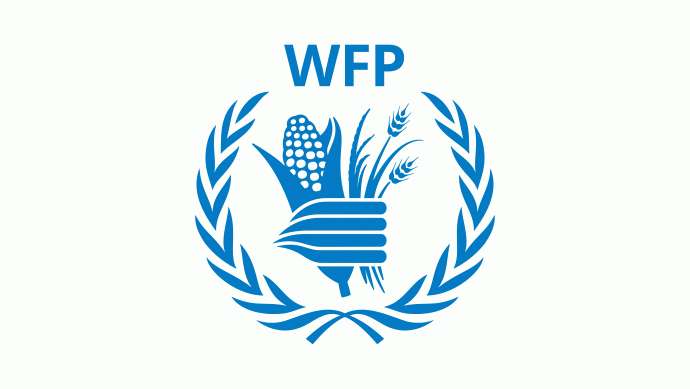The World Food Program (WFP) welcomes $280 million in aid from the United States and £50 million from the United Kingdom for Afghanistan.
The communications officer of this organization in Afghanistan stated that this aid will assist more than five million people in the country.
Ziauddin Safi, the communications officer for the World Food Program, said: “The United Nations World Food Program in Afghanistan (WFP) welcomes the receipt of £40 million from the United Kingdom. With this aid, WFP will be able to directly provide emergency food assistance to 1.2 million people.”
Several organizations, including the Norwegian Refugee Council, the International Rescue Committee, the Danish Refugee Council, Action Against Hunger, and Save the Children, have expressed concern in a joint report about the economic crisis in Afghanistan, stating that 23.7 million people in Afghanistan will need humanitarian aid this year, with 52% of them being children and 25% women.
Neil Turner, the Norwegian Refugee Council’s country director for Afghanistan, said: “The economic situation in Afghanistan is very poor. We estimate that 23 million people are in need of humanitarian aid assistance, that is over half the population, and this is because of poverty, unemployment, and high levels of household debt. Also, one in four people are food insecure. They don’t know where the next meal is coming from.”
At the same time, some citizens complain about unemployment and are asking the Islamic Emirate to create job opportunities.
Hijaz Mohammad, a resident of Kabul, said, “There is no work; we haven’t received even a piece of dry bread from the government.”
Abdul Latif, another resident of Kabul, said, “I work as a cobbler on the streets. The reality is that we have rent to pay, there are many problems, and there is no business. I come here and make 30 or 40 afghani a day, which is not even enough for the bus fare.”
The Ministry of Economy said that in order to reduce poverty and create job opportunities in the country, global aid needs to be spent on development projects.
Abdul Rahman Habib, the spokesperson of the Ministry of Economy, told TOLOnews, “Focusing on creating job opportunities and supporting family economies in various sectors can be more effective in gradually reducing poverty and combating food insecurity. We call on all aid organizations to turn humanitarian aid into development aid so that our people can become economically self-reliant.”
Previously, SIGAR or the Special Inspector General for Afghanistan Reconstruction reported that the United States allocated about $20.7 billion to Afghanistan in the past three years, of which $2.9 billion was for humanitarian and development aid.

